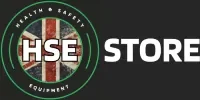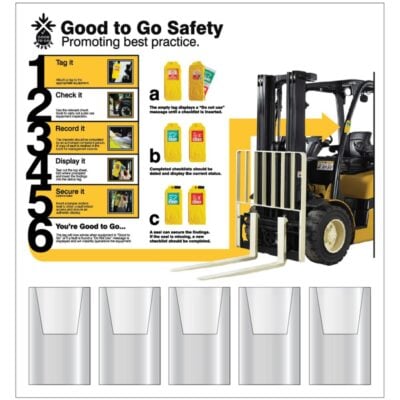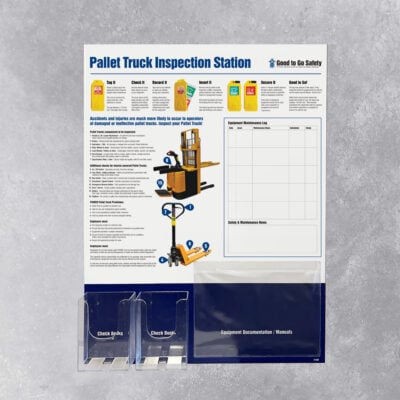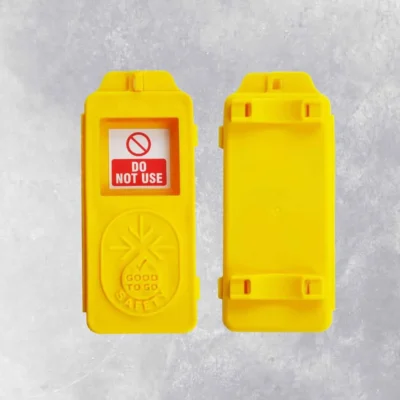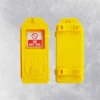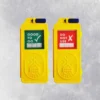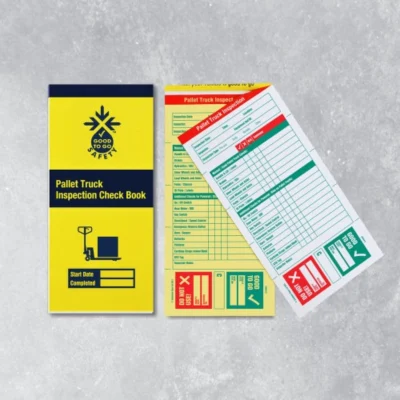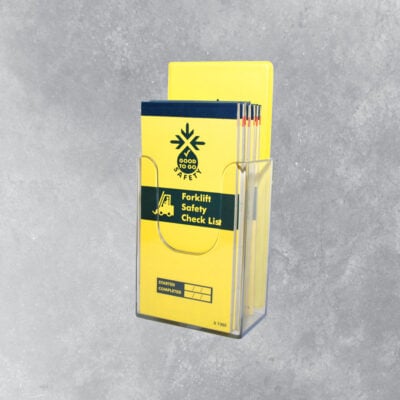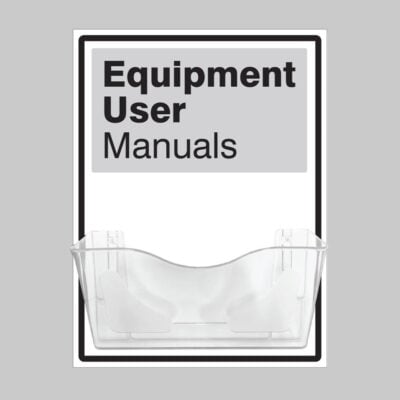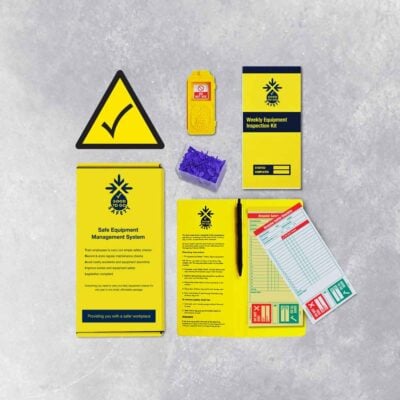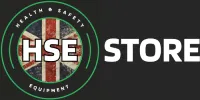-
Good To Go Safety Status Tag
From £7.50 Ex. VAT Select options This product has multiple variants. The options may be chosen on the product page -
Pallet Truck Inspection Check Book – 25 Checklists
From £6.00 Ex. VAT Select options This product has multiple variants. The options may be chosen on the product page -
Good To Go – Equipment Inspection Book Dispenser
From £12.50 Ex. VAT Select options This product has multiple variants. The options may be chosen on the product page -
Good To Go – Weather Resistant Inspection Holder
From £6.00 Ex. VAT Select options This product has multiple variants. The options may be chosen on the product page -
Good To Go – Equipment Inspection Check Book Wallet & Pen
From £5.00 Ex. VAT Select options This product has multiple variants. The options may be chosen on the product page
Pallet Truck Inspections – Safeguard Your Workplace and Ensure Compliance
Why Pallet Truck Inspections Matter
Pallet trucks, also known as pallet jacks, pallet pumps, or hand trucks, are ubiquitous in warehouses, retail, manufacturing, and logistics environments. Despite their simple operation and relatively low power compared to other materials handling equipment (MHE), pallet trucks remain a significant source of workplace injuries, with over 4,500 reported incidents annually. Many supervisors and operators underestimate the risks these tools pose. Common injuries include bruises, fractures, and musculoskeletal damage, often due to improper use or poorly maintained equipment.
Under Regulation 9 of the Provision and Use of Work Equipment Regulations 1998 (PUWER), it is a legal obligation for employers to ensure that all employees who operate work equipment are properly trained and that equipment is maintained in a safe condition. High-lift pallet trucks (both manual and powered), which raise forks above 300mm, also fall under LOLER (Lifting Operations and Lifting Equipment Regulations 1998). Regular pallet truck inspections are pivotal in spotting wear, faults, and safety hazards before they cause accidents, helping businesses prevent costly injuries and legal penalties.
Our Range of Pallet Truck Inspection Products
HSE Store supplies a full suite of pallet truck inspection solutions from Good to Go Safety, designed to simplify your safety checks, improve compliance, and protect your workforce:
-
Pallet Truck Inspection Checklists/Check Books: Clear, easy-to-follow pre-use checklists suitable for both manual and powered pallet trucks. Each checklist produces a duplicate carbon copy for comprehensive management and maintenance records.
-
Status Tags: Bright, sturdy tags attach conveniently to the pallet truck handle, displaying the status of the truck ("Good to Go" or "Do Not Use") and the date of the last inspection, ensuring immediate visual communication of safety status.
-
Tamper Evident Seals: Help maintain the integrity of inspection records, deterring falsification or removal of completed checklists.
-
Information Posters: Strategically placed to promote awareness of inspection requirements and correct use procedures.
-
Protective Wallets & Storage Boxes: Protect inspection books and tags from damage or loss and keep documentation organised and accessible.
Our products accommodate flexible inspection frequencies, from daily to annual, tailored to your operational risk assessment and site conditions.
Benefits of Regular Pallet Truck Inspections
Implementing a robust inspection routine for your pallet trucks offers clear operational and safety benefits:
-
Significantly Reduces Injury Risk: Early detection of faults such as damaged brakes, worn forks, or hydraulic leaks prevents accidents and musculoskeletal injuries.
-
Ensures Regulatory Compliance: Provides documented evidence to satisfy PUWER and, where applicable, LOLER requirements, helping avoid severe fines and litigation.
-
Supports Preventative Maintenance: Inspection records enable timely repairs, reducing costly downtime and extending equipment lifespan.
-
Visibility and Accountability: Status tags show the current inspection outcome and date, preventing assumptions about equipment safety and promoting operator accountability.
-
Enhances Confidence and Efficiency: A clearly marked and inspected pallet truck boosts operator confidence, encouraging correct use and safer material handling.
Suitable Industries and Key Users
Pallet truck inspections are vital across sectors utilising manual or powered material handling equipment, including:
-
Warehousing and Distribution
-
Retail and Supermarkets
-
Manufacturing and Production Facilities
-
Logistics and Freight Handling
-
Hospitality and Events Management
Primary users include:
-
Operators and Warehouse Staff: Conducting routine pre-use inspections and daily checks.
-
Supervisors and Shift Managers: Ensuring compliance with inspection schedules and managing defective equipment.
-
Health & Safety Officers: Auditing records and driving continuous safety improvements.
-
Maintenance Teams: Repairing faults identified through inspections and keeping equipment fit for purpose.
-
Business Owners and Directors: Ensuring legal compliance and protecting workforce wellbeing.
How the Good to Go Safety Pallet Truck Inspection System Works
The Good to Go Safety system offers a simple and effective way to manage pallet truck inspections:
-
Tag Attachment: Secure the status tag to the pallet truck handle for maximum visibility.
-
Perform Inspection: Use the Pallet Truck Inspection Checklist to complete pre-use or scheduled inspections.
-
Display Results: Insert the top copy of the completed checklist inside the tag, clearly showing "Good to Go" or "Do Not Use" and the inspection date.
-
Record Management: Retain the duplicate checklist in the inspection book for maintenance tracking and audit purposes.
-
Flexible Frequency: Adjust inspection intervals from daily to annually according to your risk assessment, site environment, and truck usage.
This approach removes doubt and enforces rigorous safety management, ensuring every pallet truck is inspected systematically.
Frequently Asked Questions (FAQs)
1. How often should pallet trucks be inspected?
Inspection frequency depends on risk assessment but must be at least annually. In areas of high use or harsh conditions, inspections should happen weekly or even daily.
2. Who is responsible for pallet truck inspections?
Operators should conduct pre-use inspections. Supervisors and safety managers oversee compliance and arrange periodic detailed inspections by maintenance teams.
3. What happens if a fault is found during an inspection?
The pallet truck must be immediately tagged as “Do Not Use” and removed from service until repairs are completed and a safe inspection is carried out.
4. Are manual pallet trucks covered by LOLER?
Most manual pallet trucks are not; however, high-lift pallet trucks raising forks above 300mm are subject to LOLER. All fall under PUWER for maintenance and inspection.
5. Why use dedicated pallet truck inspection checklists and tags?
Purpose-built checklists address all critical safety points ensuring nothing is overlooked, while visible status tags communicate truck safety instantly and provide audit-ready records.
Choose HSE Store for industry-leading Pallet Truck Inspection products — ensuring safer workplaces, enhanced compliance, and peace of mind for your business.
